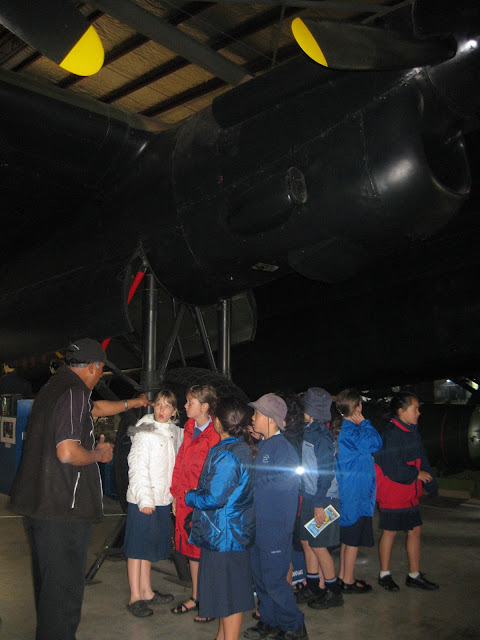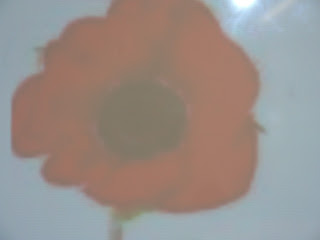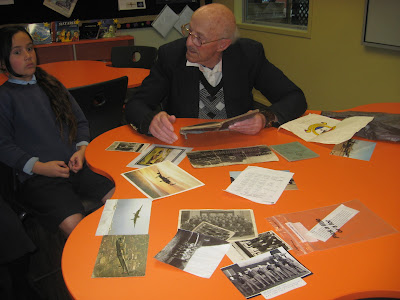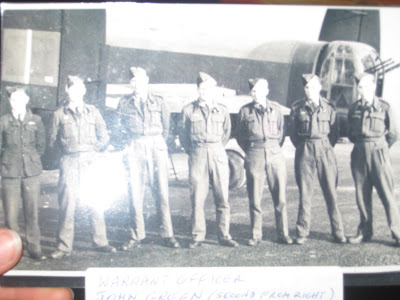How do we preserve memories of those who have served in war for their country?
Why is it so important to preserve these memories?
We found out that there are many ways to preserve memories of those New Zealanders who have served their country in global conflicts (and as peacekeepers for the United Nations).
1. Public buildings such as the Auckland War Memorial Museum
This building is built on consecrated (specially blessed ground) to commemorate or remember those who have fallen in war.
2. Cenotaphs such as this one outside the Auckland War Memorial Museum
3. Inscribing the battles that New Zealanders have fought in over the years on buildings
4. Preserving photos of special places such as this photo of a cemetary overseas where New Zealand soldiers lie buried
5. Using famous poetry in special commemorative sculptures such as this water sculpture oustide the Auckland War Memorial Museum
6. Preserving and displaying artefacts in museums
(See our entry on the blog about going to MOTAT to see a very big artefact...the amazing Lancaster bomber)

7. Recreating what life was like in the battle fields such as this scene showing the harsh life in the trenches in World War 1
9. Making rolls of honour like this one at Auckland Museum showing soldiers from Grafton District School who died in World War 1, and the memorial gates at Mt Eden School.
10. Creating special halls in museums like the Hall of Memories at the Auckland War Memorial Museum which have a list of all the soldiers in the Auckland district who died in the second world war.
11. Creating special artworks that preserve important memories
12. Creating public computer databases of individual soldiers like this one at Auckland War Memorial Museum
13. Electronic Books of Condolence where we can sign our name and make a personal comment such as this one at the Auckland War Memorial Museum.
To answer our second question we think this picture says it all...



















































